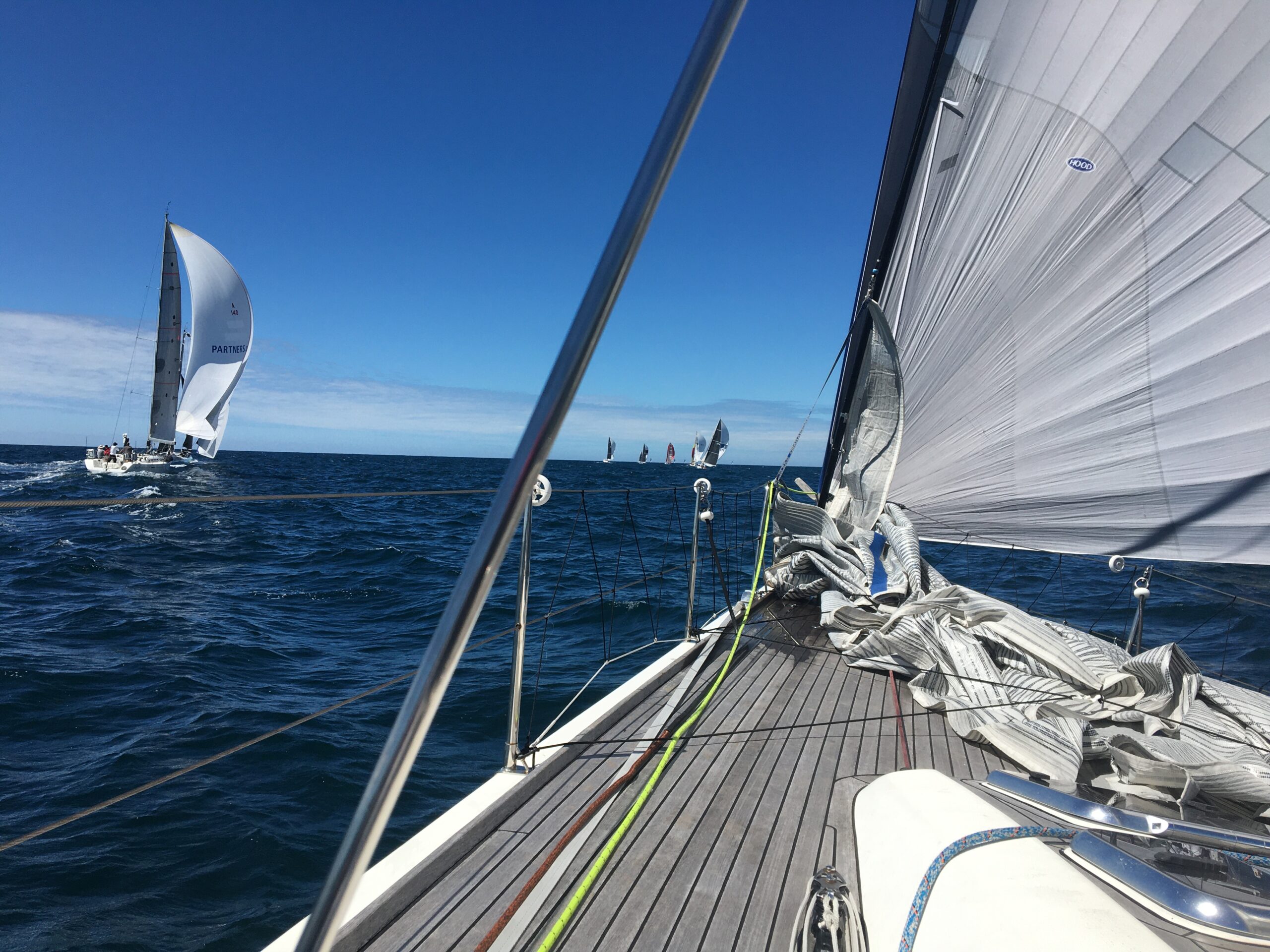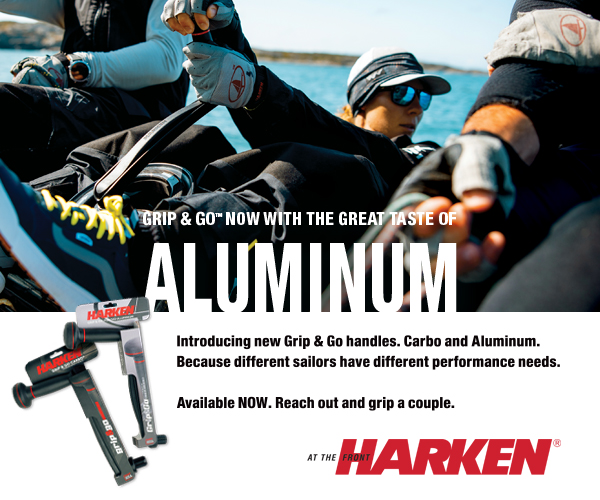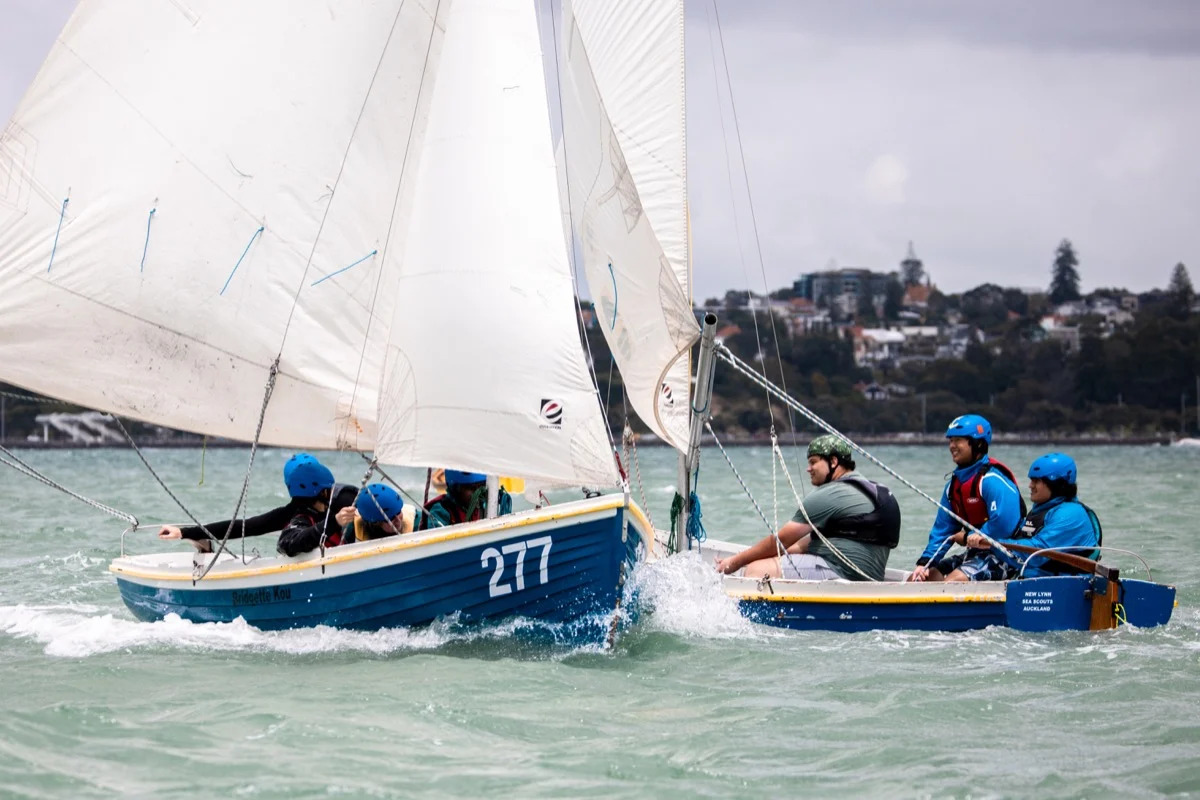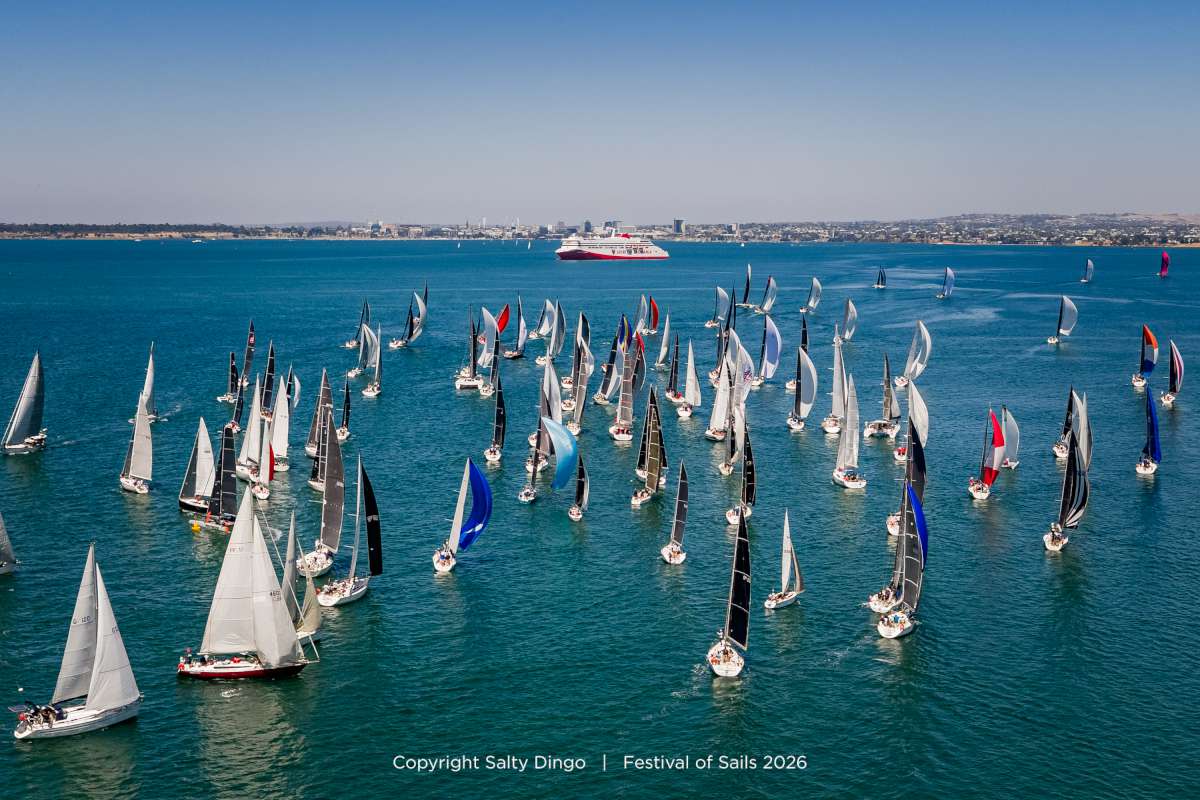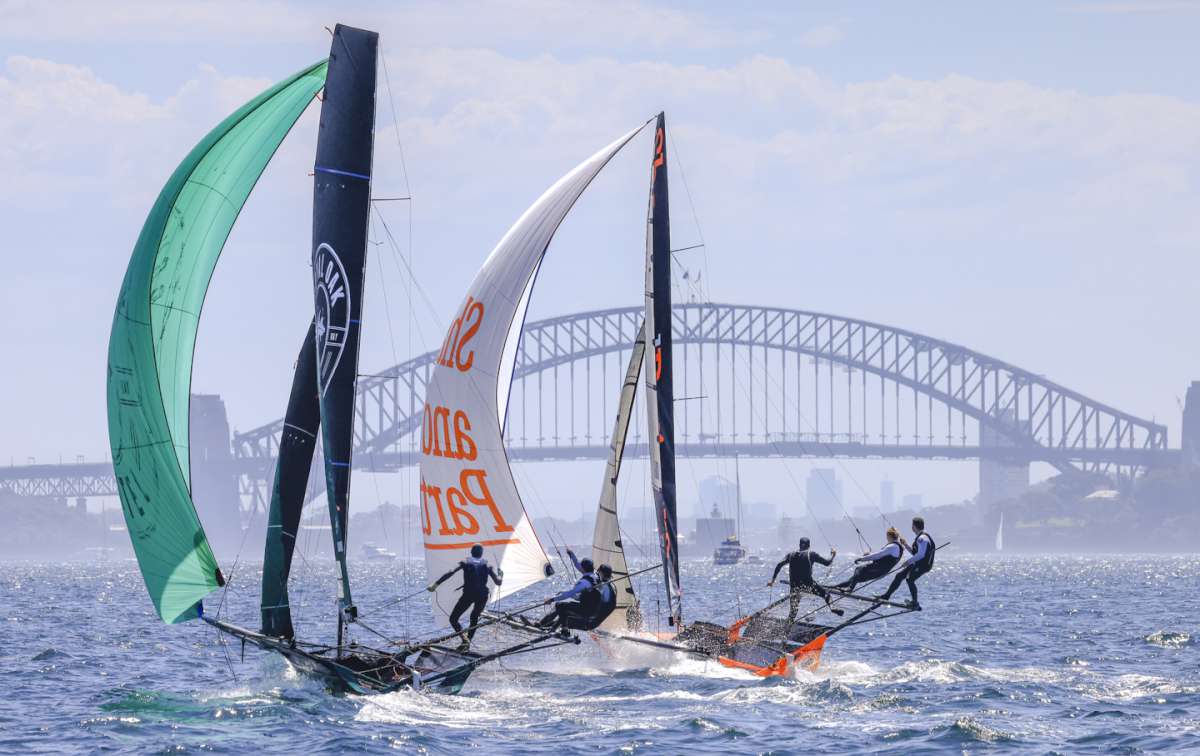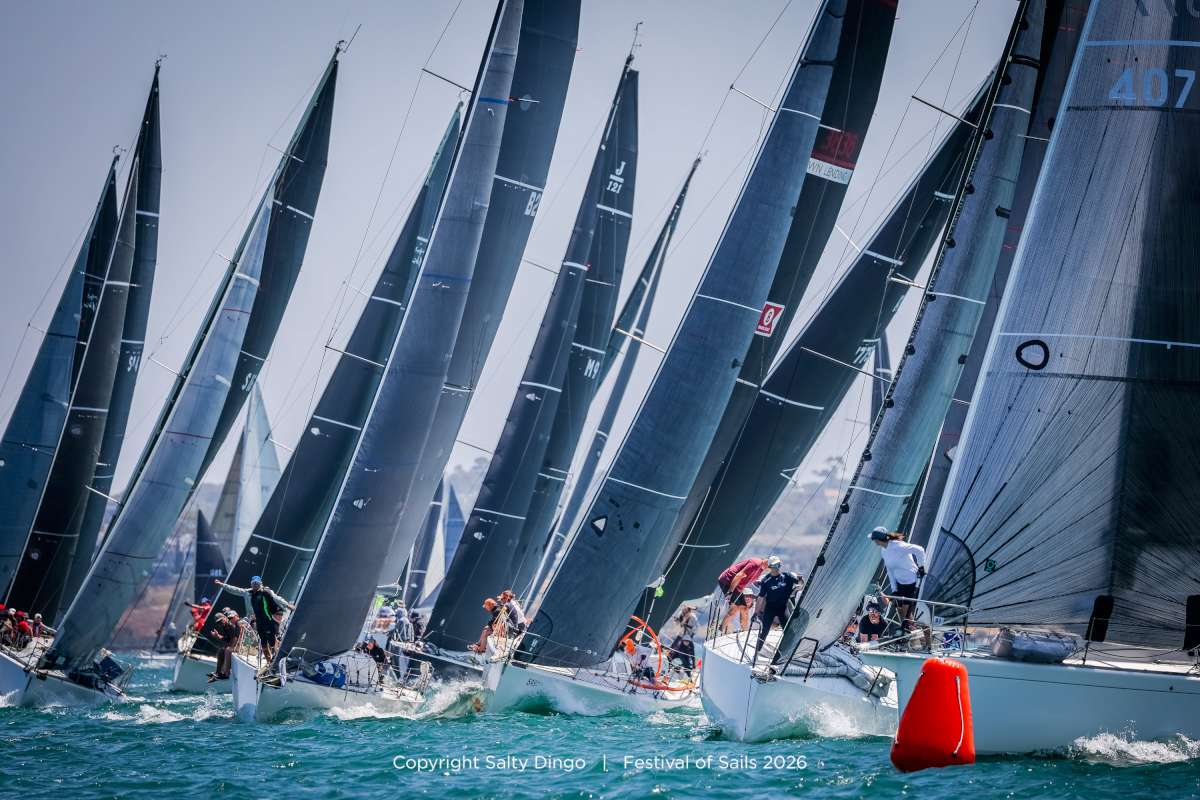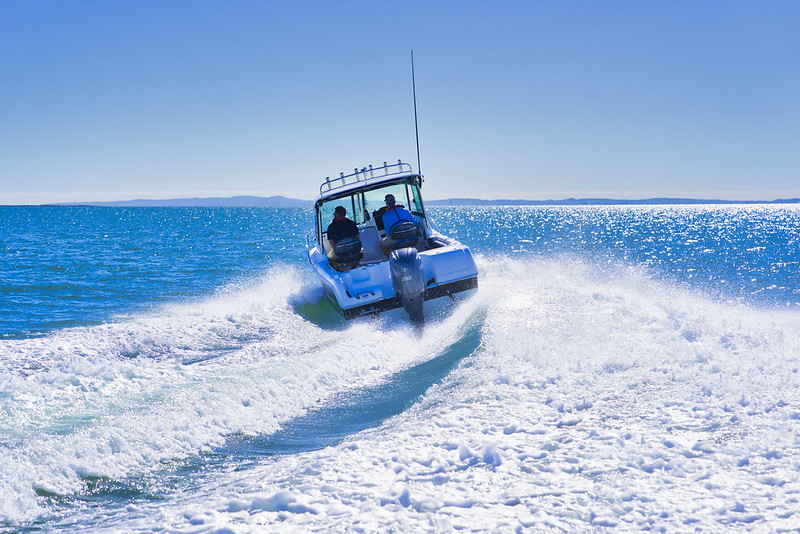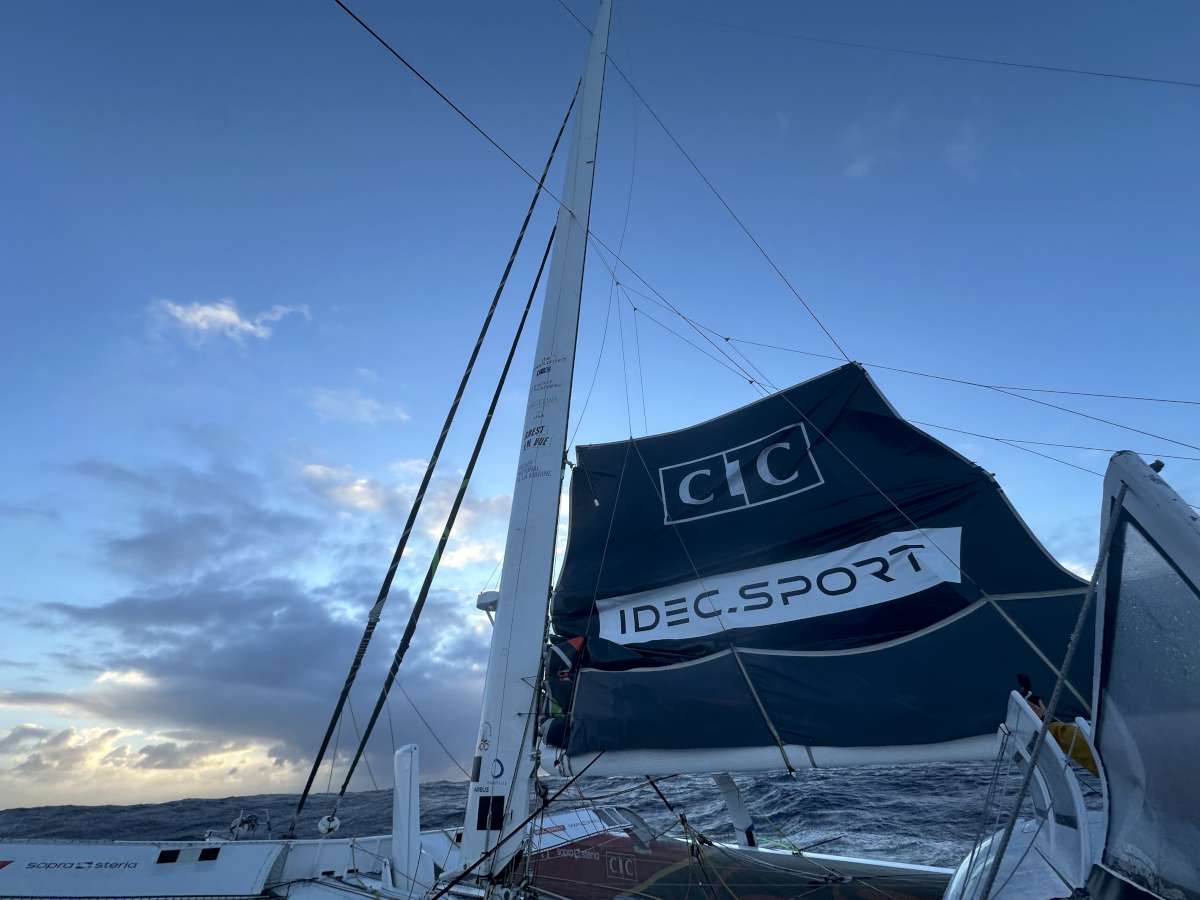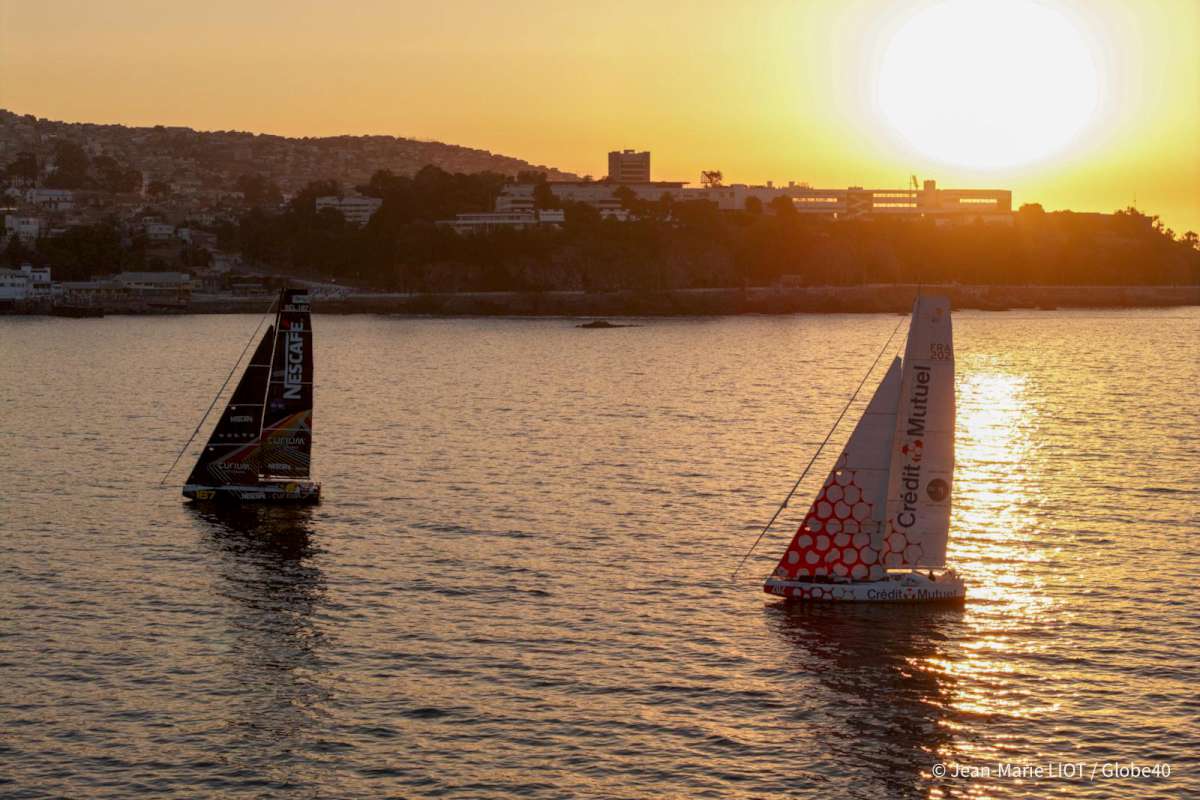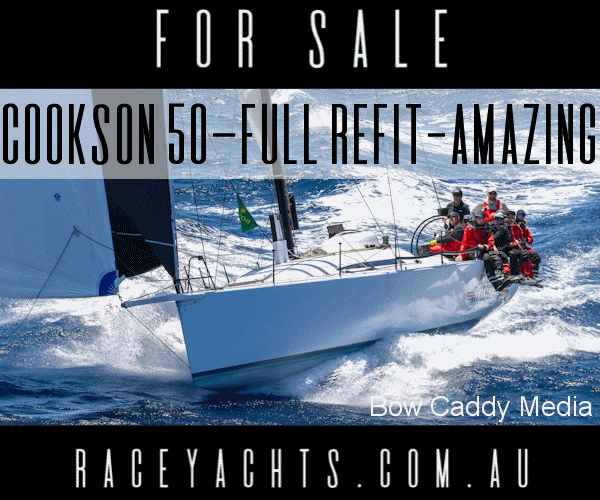While browsing through online boating forums, it’s hard not to notice that some of the most frequently asked questions are centred on boat insurance.
Questions include: What should be covered in a boat insurance policy? What is a reasonable premium? Does it cover me to sail into international waters?
Pantaenius Australia specialises in pleasure craft insurance. They offer insurance for motor boats, motor yachts, sailing dinghies, sailing yachts, super yachts and blue water sailors.
Pantaenius Australia’s Michaela Claes helps us uncover some of the unknowns regarding boat insurance.
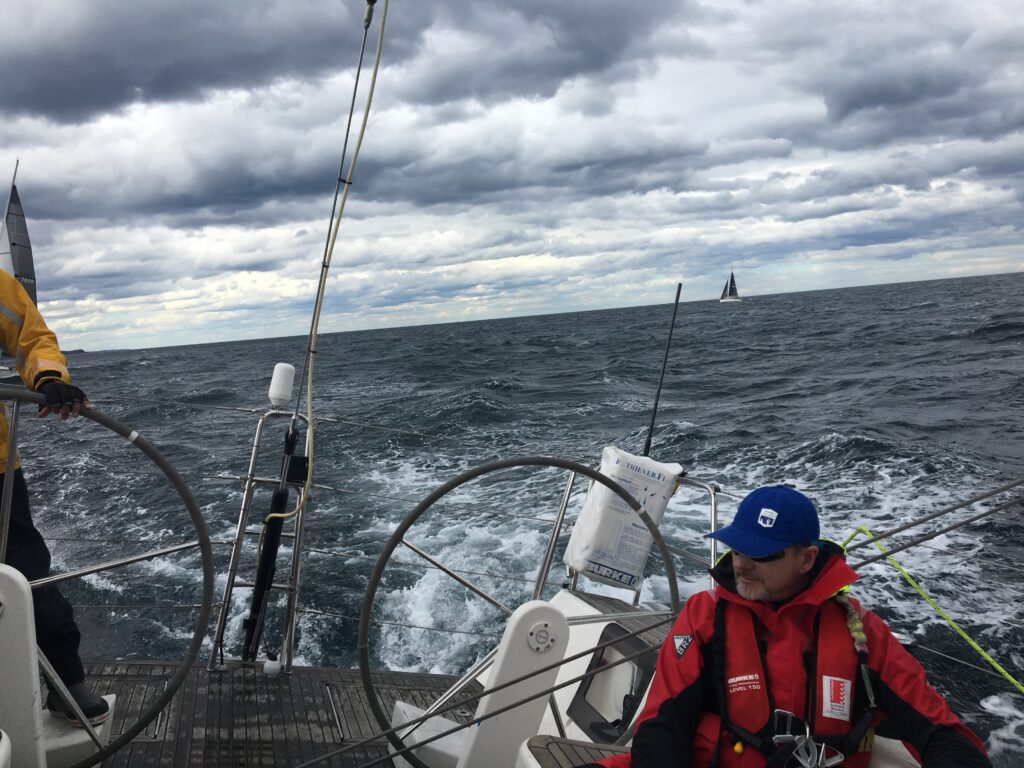
Why get boat insurance?
In all honesty, why wouldn’t you?
Third party insurance is the minimum you should have to protect you from the tremendous financial loss as a result of damaging someone else’s property. Third party insurance is also required by marinas in order to access their facilities.
Third party only policies, which as the name suggest, protects boat owners against third party damages caused through their fault.
That being said, if you can afford it (or better, can’t afford to lose your boat) then we would strongly advise to take out a fully comprehensive policy.
Comprehensive insurance covers damages to your boat and personal affects and third party damages. And it covers you and your crew should you get injured whilst boating.
No one ever expects to have a tragic accident and many naively tell themselves that ‘It’ll be fine’. But the reality is, you can never really know what may happen.
What is the criteria that Pantaenius takes into account when approached by a boat owner who wants their boat insured?
When setting up a policy we look at various aspects, including:
- Location. For example, a cyclone prone area might be treated differently.
- Cruising plans. For example, the insurance would differ for coastal cruisers versus offshore yacht racers.
- Boat age, length, type and make.
- If a vessel is kept on a mooring, berth or on a trailer.
All these components then impact the premium offered, along with the cover provided.
What is covered in a typical boat insurance policy?
Insurance is there to provide cover against accidental events. Included in that category are events like:
- Groundings
- Lightning strikes
- Collisions
- Fires
- Sinking
What an insurance policy does not typically cover is damage caused by maintenance issues or wear and tear.
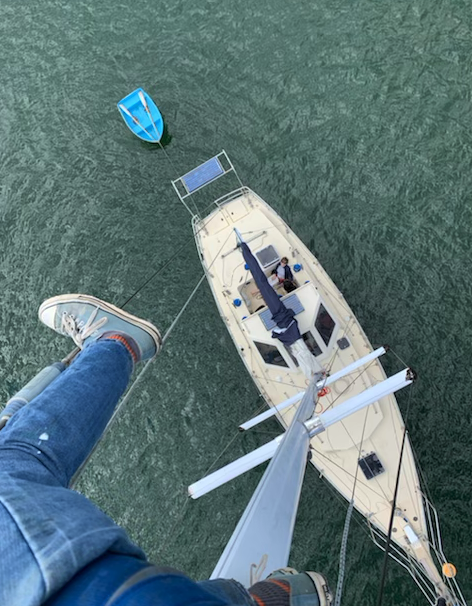
What do I do if I have an accident and what are the steps involved immediately after the accident? Does it differ if it is my fault or their fault?
The best thing to do after an incident is call your insurer, as they will be able to guide you through the process and provide you with advice and information on the requirements for a potential claim.
If you aren’t at fault, it is still best to contact your insurer as soon as possible.
In these scenarios there are two ways of moving forward:
- Claiming through the other party’s insurance or your own insurance. If the other party admits fault and opens a claim with their insurer, then you can undertake the process directly through them and come to a suitable agreement.
- If, however that is not possible or you prefer to deal with your own insurer, then a claim would be handled as per the conditions of your policy, like any standard claim. Your insurer will be required to charge your excess. However, once the claim has been finalised, they would seek to recover the fund from the other party/their insurer. If a full recovery is made, then your excess can be returned to you.
What should I allow for comprehensive boat insurance? Is it two, five or 10 per cent of boat value per year?
Unfortunately, things are not as clear cut as you would anticipate. There are many variables that determine the premium and deductible offered to a client. For example, if you’re intending on cruising the South Pacific then you should expect a much higher premium then if you were staying in Australian waters. If you have an old boat for example, then your premium would also likely be dearer than that of your neighbour who has a brand new 30ft cruiser.
Is there a limit of where you can go on certain policies?
Pantaenius can offer worldwide cover. Many of our clients are currently cruising outside the Australian Waters.
Does Pantaenius cover boats on swing moorings (as against boats in marinas) and are there any areas of exclusion, such as cyclone areas?
Yes, we do cover boats on swing moorings, in fact a large percentage of our clients keep their boats on moorings. There are certain areas around Australia where we cannot offer swing mooring coverage. If a cyclone was coming through you would be required to keep your vessel in a berth with the appropriate precautions in play.
What does a yacht survey have to do with boat insurance? Do boats require a regular survey for insurance renewal or just an initial one?
A survey is required by insurance as it provides detail into the condition of the boat. The survey is often the determining factor of whether or not an underwriter is willing to insure a boat. We generally require a survey report when commencing cover, unless it is a new boat, and every five years following that. This is a standard requirement across insurers in this industry.
The survey requirement also protect the client, as it brings their attention to areas that require maintenance. Remember, no insurer covers damages resulting from maintenance issues, therefore a survey safeguards the insured from unexpected damages and potentially monstrous rectification costs from the subsequent loss.
Can a boat owner insured with Pantaenius suspend coverage if they’re not using their boat for an extended period of time?
We can’t ‘suspend’ cover as per say, that would require us to cancel a contract entirely. However, we can offer special cover for such instances. This reduced cover (dependent on the individual circumstances) also reduces the premium for the insured. A lot of our clients opted for this cover throughout the covid period, as they could not travel to their boat for many months. The cover eliminated cruising, however kept the boat insured for accidents such as a lightning strike while in its berth. The policy is then reverted to standard cover as required.
Can you give a real-life example of how boat insurance has been of real benefit to a boat owner?
Where to begin? We have hundreds of stories! There have been ample submersions that required salvage operations that resulted in total losses. This meant the owner was paid out the insured value of his vessel and they were also not responsible for sometimes $100,000s in salvage and wreck removal costs.
In other cases, we have had insured boat owners who have been falsely accused of causing damage to their vessel or another vessel. As a result we took on the case and handled the matter with our legal team, again saving the insured stress, time and money. Boat claims can be fraught with anxiety. Although we might be handling a lower value claim for instance, the owner is distraught. So we are able to be their safety net and provide more than just financial support each step of the way.

Can boat owners get discounts on insurance (for instance, if they do a first aid course, have a Coxswain or Yachtmaster certificate)?
While we take into account boating and sailing experience when setting up a policy and its premium, we don’t offer a specific ‘discount’ for such attributes.
Can boat insurance be combined with car and house insurance?
Not at Pantaenius as we specialise in pleasure craft insurance. We offer the best and most personalised cover to suit each client’s individual needs. And that is only possible because we only focus on the one market and have a team that truly knows boats.
Some of the big insurers worldwide would probably offer a combined insurance as you suggest but from what we’ve seen this cover is quite limited.
For more information on Pantaenius Australia Pty Ltd, see: https://www.pantaenius.com/au-en/
